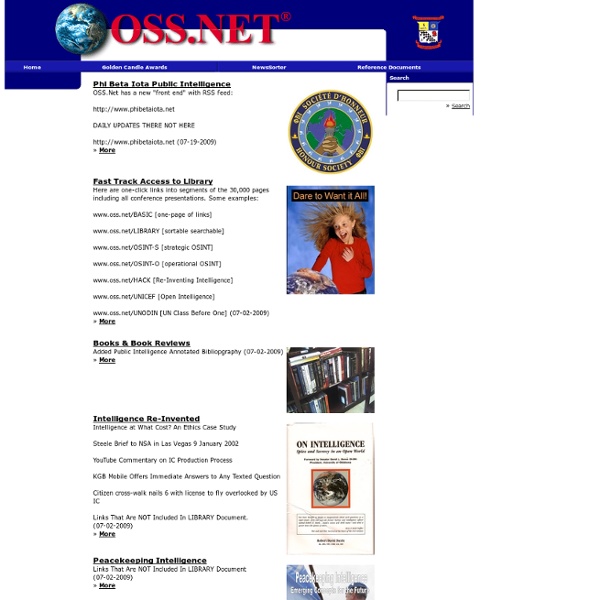



Crowdsourcing vs Collective Intelligence. What's the diff? Thanks to intrepid design blogger, oyster fiend, and “bro”, John DiPalma and his solid blog at DesignRising, I’ve been coerced into writing much richer blog posts about the topics that I’m exploring. So, here goes the first in a series of attempts to share some meatier topics and the findings that I’m uncovering. As the title of this blog suggests (and if you’ve ventured as far as reading the “Project” section) I’m exploring the role of collective intelligence in design. When I describe my research to people, I usually start with the description of collective intelligence, and then quickly find myself falling back on the more commonly known crowdsourcing. If that doesn’t work, I run through others like open innovation and wisdom of crowds to try and paint a clearer picture for those that are unfamiliar with the concepts; all of which revolve around mass, open innovation. Collective Intelligence Crowdsourcing Is there a difference?
The Steve Jobs Guide To Manipulating People And Getting What You Want It was huge news when Steve Jobs returned to Apple, the company he helped start but had since lost its “magic.” When he stood on stage at Macworld in January 2007, Wall Street Journal reporter Jim Carlton wrote, “The return of Elvis would not have provoked a bigger sensation.” Jobs insisted he was only an “advisor” to Apple at the time, but those in and around Apple knew he was really in control. The company's CEO Gil Amelio depended on Jobs for the company’s vision moving forward. But on his first Thursday back at Apple, Jobs used this newfound leverage to his advantage: He called a board meeting and demanded the company reprice its stock options by lowering the exercise price to make them valuable again. It was legal at the time, but not considered good business, at least ethically. “You brought me here to fix this thing, and people are the key… Guys, if you don’t want to do this, I’m not coming back on Monday. The board gave Jobs what he wanted.
Designing for the Emergence by George Pór george.por@insead.fr an updated version of paper presented at the Global Brain Workshop, Brussels, July 3-5, 2001 version 01.07.26 Abstract The dual aim of this essay is to: • Identify design qualities and opportunities for optimizing our global nervous system for the emergence of web-enabled collective intelligence. • Call for a large-scale research collaboration to explore the potential of globally distributed intelligence for solving world problems and closing the gap between the human condition and human potential. Our motivation is to present a framework for the "social evolution" dimension of Global Brain research, coherent enough to attract the peer attention necessary to refine it and collaboratively develop it into a source document suitable to guide our work in that dimension. This paper is the final, updated version of my presentation at the GB workshop, complete with the graphics and references. It’s comprised of the following sections: 1. 1. 2. 4. human experience?
How to Fly a Horse: The Secret History of Creation, Invention, and Discovery: Kevin Ashton: 9780385538596: Amazon.com: Books Vannevar Bush on the new relationship between The Best Free Portable Apps for Your Flash Drive Toolkit Large capacity, small-sized, affordable USB flash drives provide us with the ability to easily carry around gigs of data in our pockets. Why not take our favorite programs with us as well so we can work on any computer? We have collected links to many useful portable programs you can easily install on a USB flash drive and create a portable version of your desktop PC. Portable Applications Suites and Collections There are several portable application suites that provide an way to collect a lot of portable programs and easily access them using a menu system. Geek.menu is an enhanced menu based on the PortableApps.com menu. Productivity If you need to view and edit Microsoft Office documents on the go, LibreOffice Portable is the way to go. There are several options for portable Notepad replacements. If you need a minimalist, distraction-free word processor that allows you to just crank out text without all the extra bloated features you don’t need, FocusWriter is a good option. Web and FTP
Blog of Collective Intelligence: Spiral Dynamics & the Colors of CI Archives > all complex civilisations have collapsed at one point or another. Only 'simple' societies have managed to survive. Just think of nature. Hasn't life been moving towards increasing complexity from the single-cellular to the multi-cellular organism, from worms to mammalians and humans? (To let that really sink in, use the Cellular Complexity painting above, by David Sweatt, as a meditation object. The move towards more complexity doesn't stop in adulthood. Facing the overwhelming complexity of today's world, the "natural" response is to look back and long for a lost "natural rhythm and pace." I know, it's easier said than done.
Careers We’re out to design a better world and we need your help. IDEO.org is a nonprofit design and innovation organization focused on solving challenges in poverty and spreading human-centered design through the social sector. Human-centered design enables organizations to create and deliver innovative solutions to pressing challenges that are rooted in the needs of people. IDEO.org works directly with organizations on projects using the human-centered design process across a wide range of focus areas related to poverty, including health, financial services, gender equity, water and sanitation. Equal Opportunity Employer: IDEO.org is an equal opportunity employer. Senior Interaction Designer IDEO.org is seeking an Senior Interaction Designer to join our San Francisco office.
Public Intelligence Blog